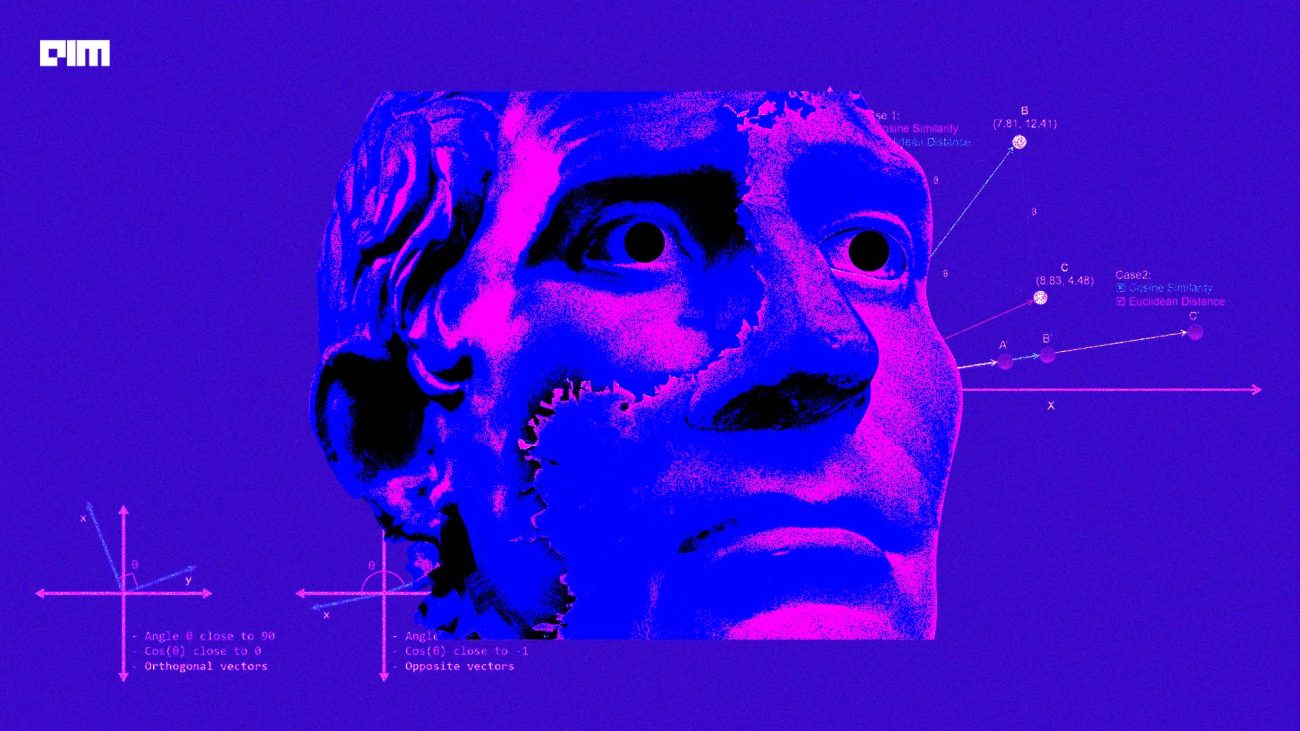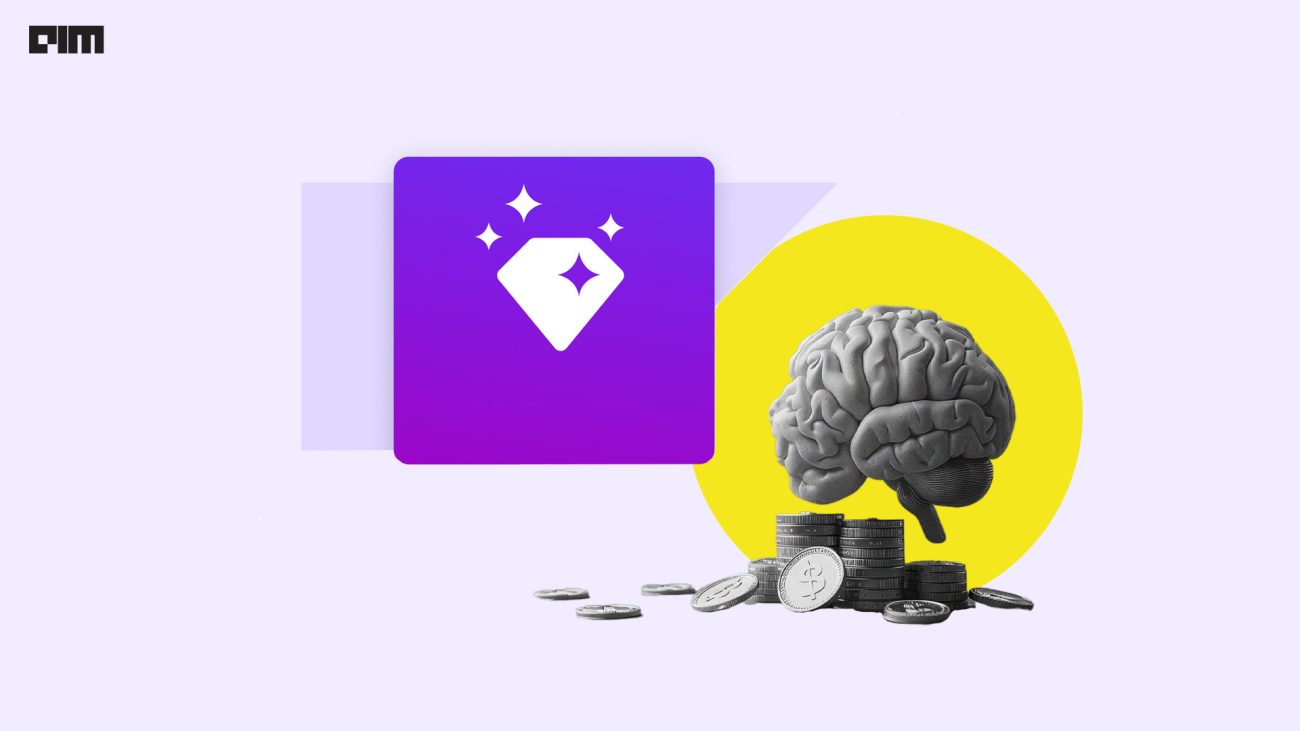|
Listen to this story
|
If ChatGPT was an ‘iPhone’ moment in the AI landscape, adding support for plugins to ChatGPT is more or less like an ‘iOS App Store’ event. Earlier today, OpenAI announced the launch of ChatGPT plugins. With this, users and developers can now integrate third-party services or allow them to access up-to-date information.
Check out the GitHub repository here.
OpenAI, in its blog post, said that they are gradually rolling out plugins in ChatGPT to study real-world implications, use and safety and alignment challenges.
The team said that ever since the launch of ChatGPT, users have been asking for plugins and many developers have also been experimenting with similar ideas, the likes of Toolformer, ACT-1, LangChain and others. The company believes that this unlocks a vast range of possible use cases.
Plugins for processing a video clip, no ffmpeg wizardry required. Actual use-case from today's launch. pic.twitter.com/Q3r2Z8fRS5
— Greg Brockman (@gdb) March 23, 2023
Stephen Wolfram later said, in collaboration with OpenAI, ChatGPT gets its ‘Wolfram superpowers‘. “It is still very early days for all of this, but it is already impressive—and one can begin to see how amazingly powerful (and perhaps even revolutionary) what we can call ‘ChatGPT+Wolfram’ can be,” he added.

Besides Wolfram, some of the initial plugins that have been created by companies, in partnership with OpenAI include Expedia, Instacart, FiscalNote, KAYAK, Klarna, Milo, Shopify, OpenTable, Slack, Speak, Zapier and others. However, those who have been off the waiting list can now use OpenAI’s documentation to build a plugin for ChatGPT, which then lists the enabled plugins in the prompt shown to the language model as well as documentation to instruct the model how to use each.
Further, OpenAI said that they are starting with a small set of users and look to gradually roll out large-scale access as they learn more. “We are excited to build a community shaping the future of the human-AI interaction paradigm,” said OpenAI.
Join the plugins waitlist here.
































